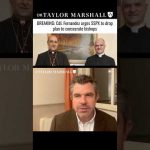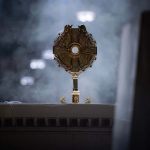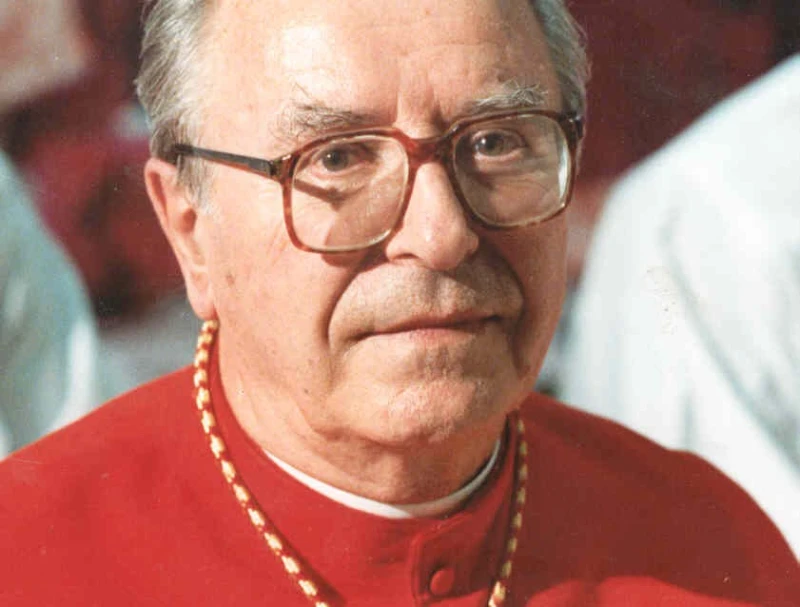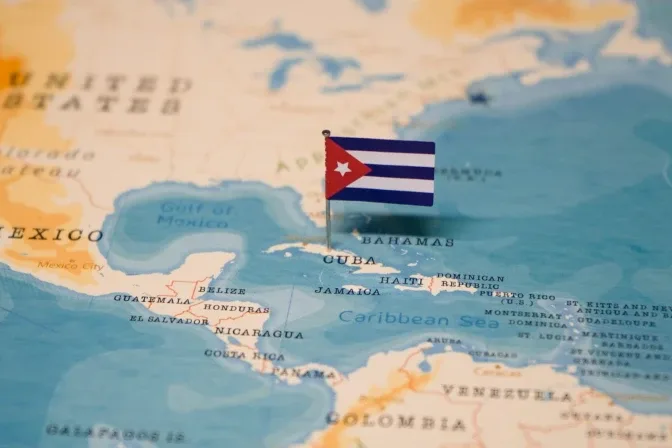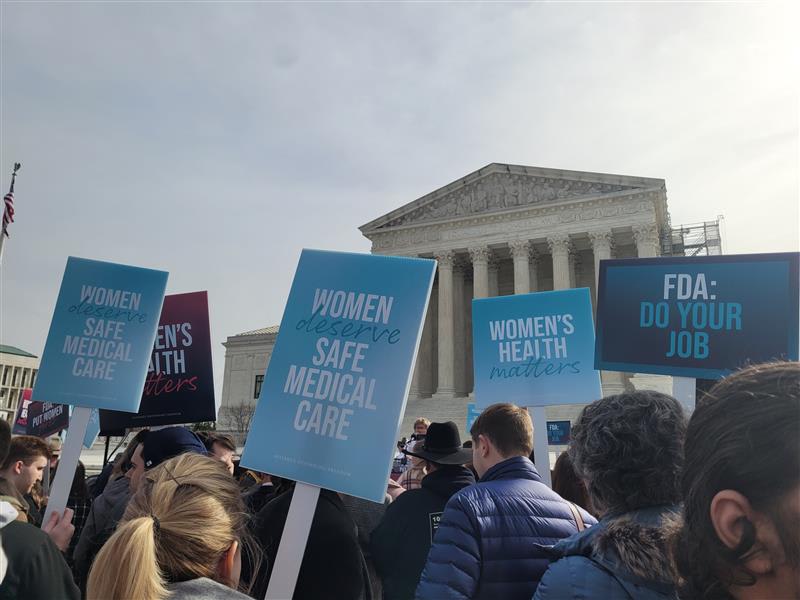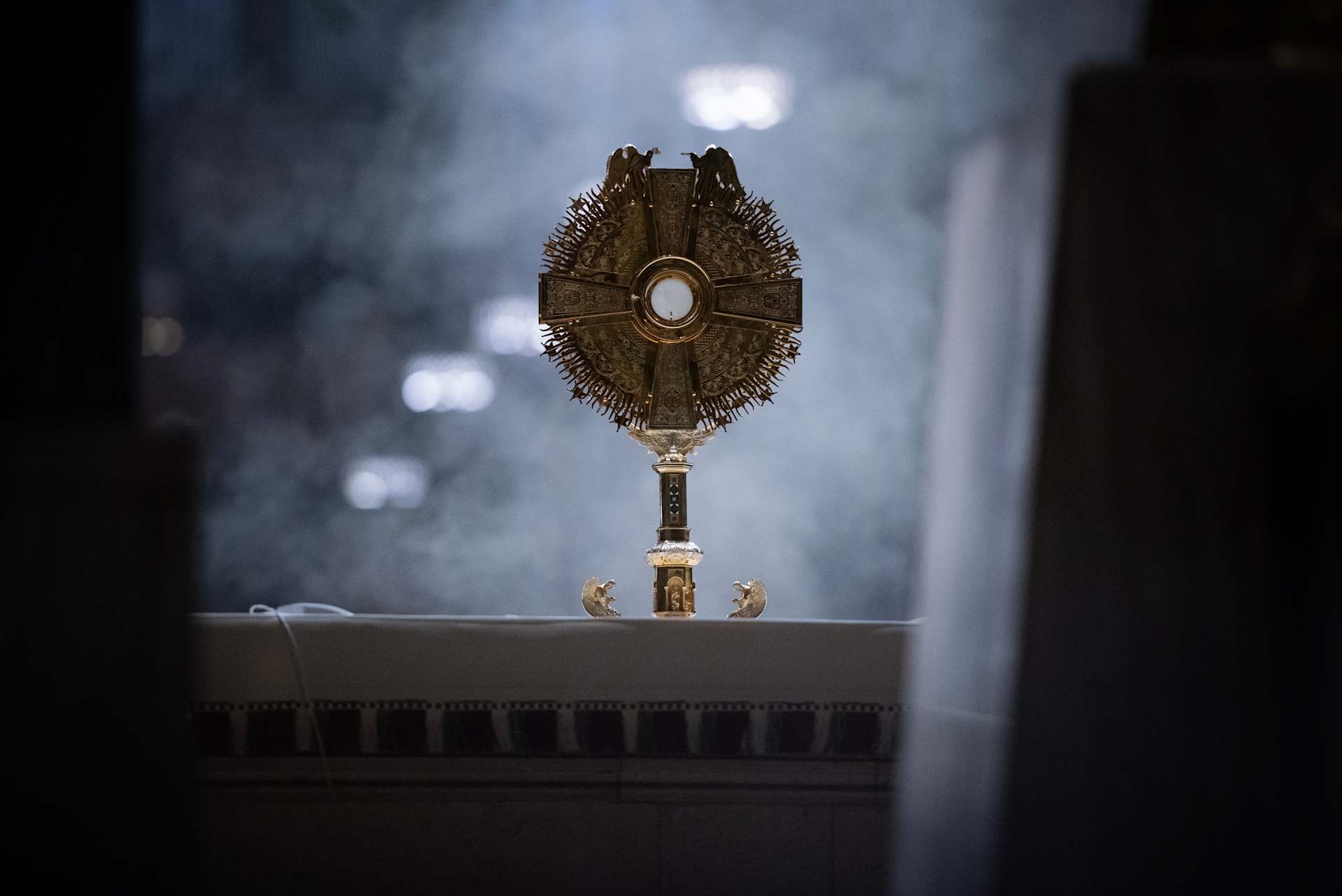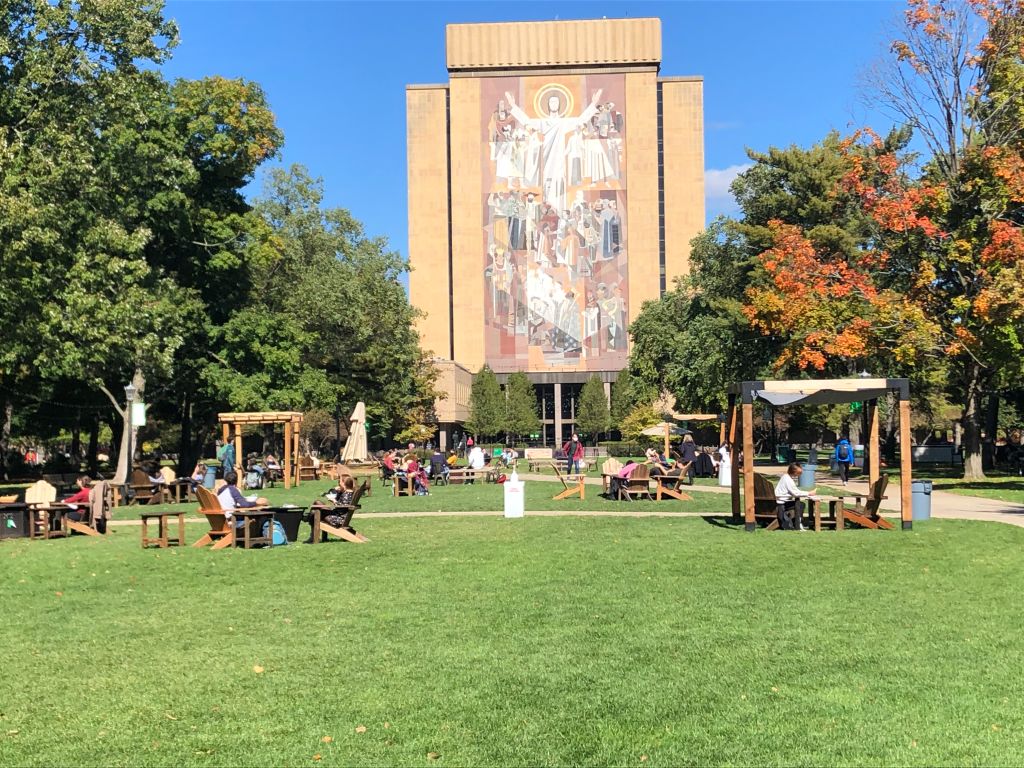
Cardinal Ján Chryzostom Korec. / Credit: Nitra Diocese
Rome, Italy, Oct 24, 2025 / 10:44 am (CNA).
Cardinal Ján Korec, a Jesuit and secret bishop during the communist regime in Czechoslovakia, died 10 years ago on Oct. 24, 2015. He was 91. Even nonbelievers have recognized his life as a heroic testimony of faith.
Born in democratic Czechoslovakia in 1924, Korec witnessed the imposition of communism in 1948. He joined the Society of Jesus and was ordained a priest. In 1951, at age 27, he was secretly consecrated a bishop — making him, for a time, the youngest bishop. Later in his life, he would become the oldest serving bishop in the world.
Under communism, the regime worked to suppress the traditionally strong Catholic Church in the country systematically. Bishops were imprisoned or silenced, many priests jailed, religious orders dissolved, and Church property confiscated. Religious publications were banned or censored. Public ministry for bishops such as Korec was impossible.
Once his identity was discovered, Korec was arrested and accused of “treason” for his religious activity. He was sentenced to 12 years in prison. After his release, he was permitted only to work in manual labor, earning him the nickname “the bishop in overalls.” Despite surveillance and constant threats, he clandestinely ordained approximately 120 priests.
Korec took extraordinary precautions. When meeting guests in his apartment, he sometimes spoke in a whisper through a plastic tube — one person speaking at one end, the other listening at the other — to avoid detection by listening devices. He would also turn on the television and radio to mask their voices.
In 1969, he was allowed to travel to Rome, where Pope Paul VI received him. “He gave me his ring, golden pectoral cross, miter, and crosier that he had received as archbishop of Milan,” Korec later recalled. “I was told that was a historical event — it had never happened before.”
‘He spilled blood and ink’
Korec helped build a network of small student prayer groups in Bratislava, guided by lay Catholic leaders and fellow dissidents Silvester Krčméry and Vladimír Jukl. These communities nurtured young people’s faith under the hostile regime.
Despite severe restrictions, Korec became the most prolific Slovak author of samizdat (underground) literature, writing extensively on theology, philosophy, and society. “He spilled blood and ink,” said historian Ján Šimulčík. Korec managed to write numerous books despite the communist authorities’ attempts to block his access to information.
After the fall of communism in 1989, Korec continued to write — eventually authoring about 70 books, some of which were translated into other languages. He once visited a Christian bookstore to count how many of his books were in stock.
In 1990, Pope John Paul II appointed him bishop of Nitra — the oldest diocese in the Slavic world — and made him a cardinal in 1991. In 1998, he was invited to lead the spiritual exercises for the Roman Curia, a high honor.
Reflecting on this, Korec said: “After 50 years of life in the catacombs, after years of civilian life as a worker in factories and prisons, I am not in a position to present either grand visions of the world or theologically elaborated reflections. I can only do what I have striven to do since 1951, through 48 years of episcopal vocation … to present some truths, mysteries, situations, ideas — to be a simple witness of faith and devotion to the One who has chosen us, who gathers us in the great family of his Church.”
Pope Francis and Cardinal Korec
On Jan. 22, 2024, Pope Francis received journalists accredited to the Holy See and when the pope was informed that it was the 100th anniversary of Korec’s birth, the Holy Father’s face lit up and he nodded in recognition.
Both men were Jesuits. In fact, Pope Francis quoted Korec during his 2021 apostolic journey to Slovakia: “I am always struck by an incident in the history of Korec. He was a Jesuit cardinal, persecuted by the regime, imprisoned, and sentenced to forced labor until he fell ill. When he came to Rome for the Jubilee of the Year 2000, he went to the catacombs and lit a candle for his persecutors, imploring mercy for them. This is the Gospel! It grows in life and in history through humble and patient love.”







